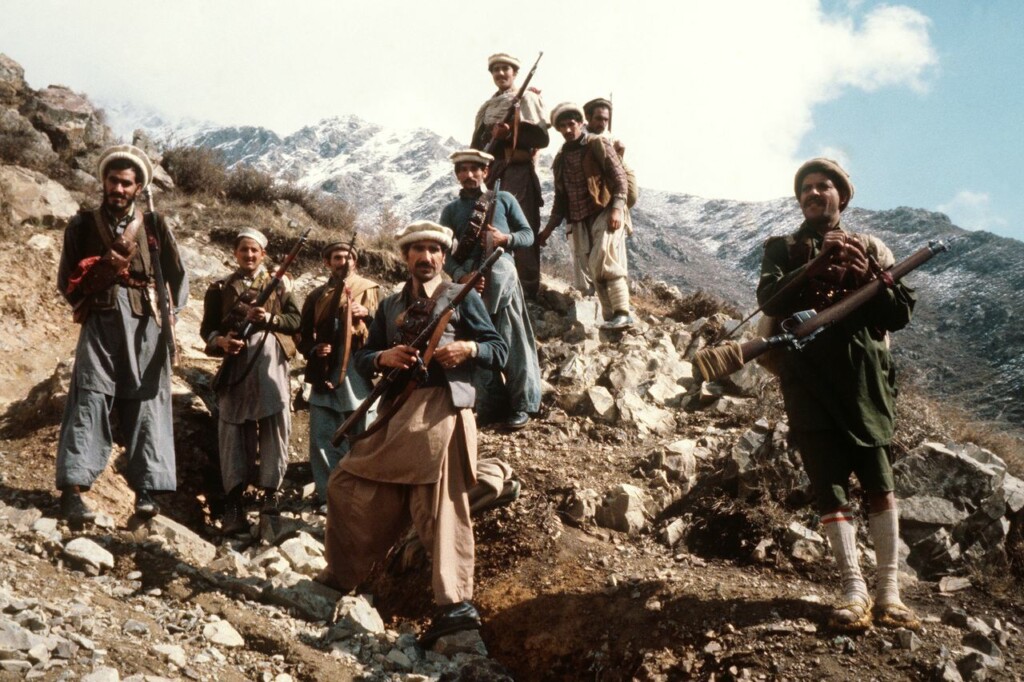
ADVERTISEMENT - CONTINUE READING BELOW
3. The Taliban interpretation of Sharia law
Sharia law has its roots in the Quran and the hadith (records of what the Prophet said, did, and by inference, thought). It has been debated throughout history, by Islamic scholars, Western scholars, and religious leaders of nearly all faiths. The Taliban and its leaders trained in the Deobandi sect of Sunni Islamism. Since the late 1970s, Saudi Arabian and Pakistani Wahhabism heavily influenced the future leaders of the Taliban. Adherents to Wahhabism reject the use of that term, believing it to be a slur, and instead prefer Salafi. Although far too complex a subject for in-depth discussion here, the basis of their beliefs is simple. There is but one true form of Islam, that revealed to the Prophet, and all laws, ecclesiastical and civil, stem from the Prophets’ words, actions, and thoughts. The latter can only be inferred from the study.
One of the most widely known actions of the Taliban is denying women and girls the right to an education. Less well known is their suppression of education for men and boys as well. During the rule of the Taliban in the 1990s, enrollment in schools declined steadily. In Kabul, nearly all of the elementary schools closed, because most of the teachers prior to Taliban rule had been women. Another factor which influenced Taliban rule was ethnicity. The overwhelming majority of the Taliban in the 1990s were Pashtun, an ethnicity claimed by about 40% of the Afghan people. Other ethnicities within the lands controlled by the Taliban were treated as lower classes. As with most of the warlords, anyone suspected of harboring communist sympathies, or of having once supported the Soviets in any manner, were summarily executed and their property confiscated.

